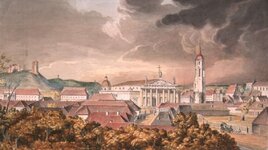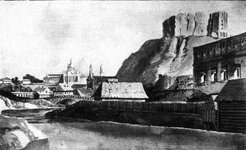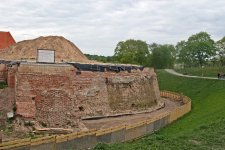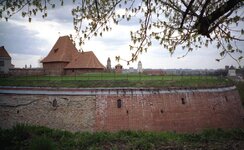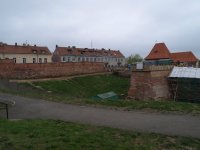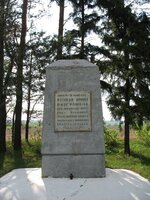doc-d
Bronze Member
The wise old bird offers much wisdom for us……..
"However I do believe hundreds of cahes of treasure remains to be found along the course of the Grand Armies retreat. And hell a rotten back pack full of gold coins would be a cool find indeed anyway."
Exactly…..and there is much benefit with such a find……you can potentially keep under the radar…….
"However I do believe hundreds of cahes of treasure remains to be found along the course of the Grand Armies retreat. And hell a rotten back pack full of gold coins would be a cool find indeed anyway."
Exactly…..and there is much benefit with such a find……you can potentially keep under the radar…….



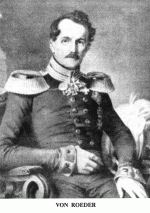


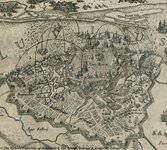
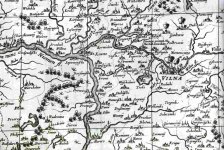
 ?
?